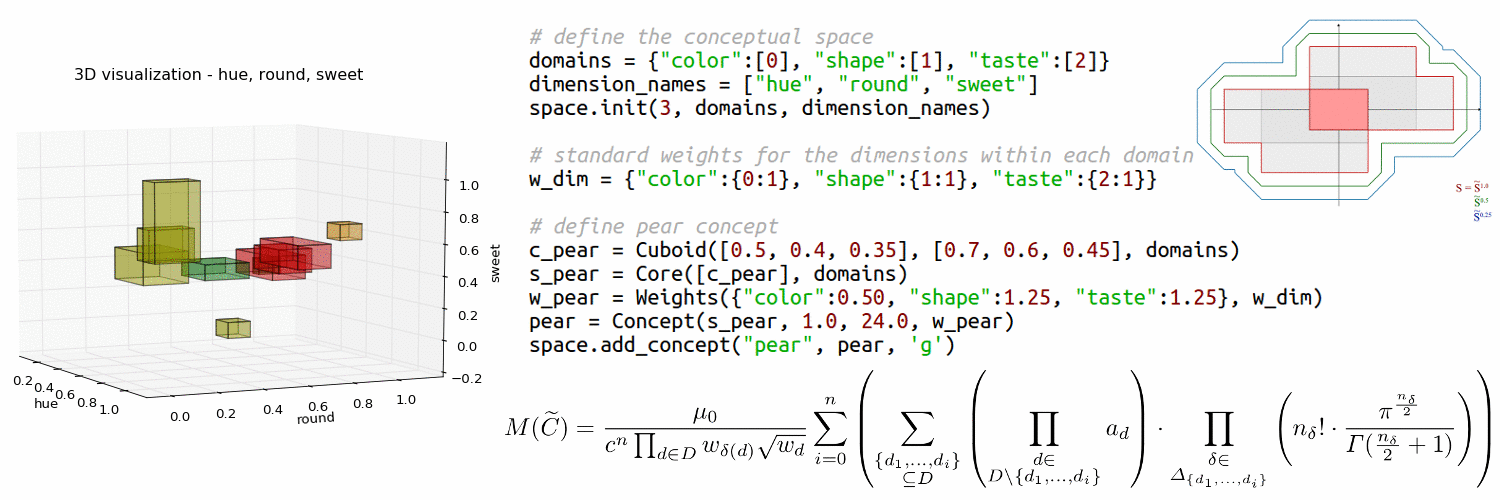Main content
Top content

Artificial Intelligence
is the scientific discipline studying the development of computational models for cognitive abilities and behavior we usually call intelligent. Examples of such abilities include game playing, reasoning, understanding natural language, perceiving complex scenes, playing soccer, acting in uncertain environments etc. Many methodological aspects of AI are borrowed from computer science, but AI invents constantly new methods, algorithms, and formal theories.
AI has a significant impact on economy and society. A world without AI technologies used by companies like Google, Facebook, IBM, or Microsoft is hard to imagine. But more importantly, recent developments in areas such as cognitive computing, machine learning on Big Data, neural-symbolic reasoning and learning, and robotics will produce even more services, tools, and support systems that will change our way of living. Examples for this evolution are intelligent e-learning systems, autonomous driving, smart energy grids, smart private households, prediction models in the public health sector, and intelligent assistants for more or less every situation, just to mention some of them.
The journey of AI has just begun and there is at present an enormous number of open problems that need to be solved to continue this journey successfully. Joining the field of AI means to address these problems in theory and practice and to build interesting applications that make our future life easier and more livable.
Research questions we are interested in
How can we make computers creative?
What are good cognitively inspired models for enabling computers to compose music, to write stories, or invent new mathematical concepts? How can we measure creativity? What are economically interesting domains for computational creativity?
How can we base models on cognitive mechanisms?
What are adequate computational models for analogy, conceptual blending, heuristic reasoning, or similarity? What are good formal methods in order to represent such mechanisms? To which extent do such mechanisms facilitate general intelligence?
What is needed to reach Artificial General Intelligence?
How can we construct generally intelligent systems that achieve human-level performance in a wide variety of tasks? Are there models for integrating low-level streams of input with high-level structured knowledge? Is the cognitive computing paradigm a way to achieve general intelligence?

